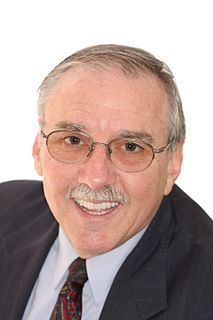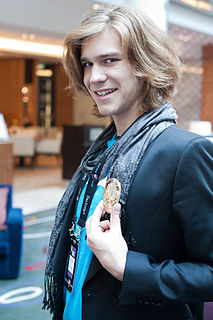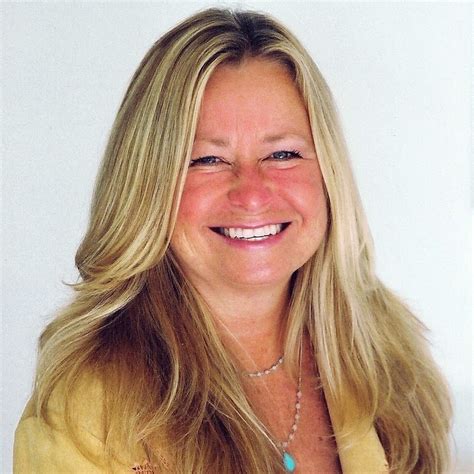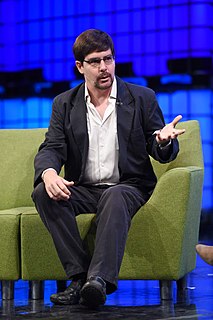A Quote by Dalai Lama
Perhaps our teachings seem less religious and more technical, like psychology, so they are easier for secular people to use.
Related Quotes
My suspicion is that those who seem oblivious to suffering, whether it is nearby or in remote corners, are for the most part unaware, perhaps blinded by doctrine and ideology. For them, the answer is to develop a critical attitude toward articles of faith, secular or religious; to encourage their capacity to question, to explore, to view the world from the standpoint of others. And direct exposure is never very far away, wherever we live - perhaps the homeless person huddling in the cold or asking for a few pennies for food, or all too many more.
The secular utopians basically said the exact same thing, they just took the Bible out of the equation. The religious and the secular groups recognized each other as fellow travellers. They exchanged newsletters and asked each other questions like, "What's a good soup pot to use if you're making dinner for 800 people?" They had these practical connections.
As things get worse and the State seems powerless to help, the State will seem less and less legitimate. People will lose their moral connection to it. Laws will seem more like revenue traps and shakedowns. The state will start to seem more like another extortion racket, and, as in Mexico, people will have a harder time telling the good guys from the bad guys.
There has been a religious revival because - let me put it like this, the people that weren't traditionally religious, conventionally religious, had a religion of their own in my youth. These were liberals who believed in the idea of progress or they were Marxists. Both of these secular religions have broken down.
In contemporary society secular humanism has been singled out by critics and proponents alike as a position sharply distinguishable from any religious formulation. Religious fundamentalists in the United States have waged a campaign against secular humanism, claiming that it is a rival "religion" and seeking to root it out from American public life. Secular humanism is avowedly non-religious. It is a eupraxsophy (good practical wisdom), which draws its basic principles and ethical values from science, ethics, and philosophy.
Why does it seem to be more and more challenging to find a perfect mate or maintain a happy and compatible relationship? Was love always this difficult? Haven't we heard stories of people being truly fulfilled and happy in love? Is love a myth? There are more people on the planet than ever before, and traveling the world has never been easier. Not only that; now we can use technologies like the Internet to connect with others. So what is the problem? Why does it seem to be more complicated than ever to meet the right person and live happily ever after?
You have to be closer to religious origins -- the generation of the 20's was truly secular in that it still knew its theology and its varieties of religious experience. We are post-secular, inventing new faiths, without any sense of organizing truths. The truths we accept are so multiple that honesty becomes little more than a strategy by which you manage your tendencies toward duplicity.









































